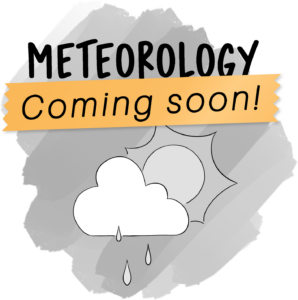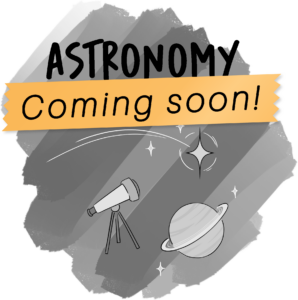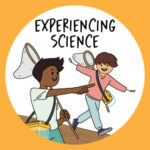
Welcome to Simply Smart ‘s
Experiencing Science
A family-style curriculum encouraging children to think critically
as they explore & investigate the world.

Why Families & Tutors Love Simply Smart's Experiencing Science?
- It’s Simple! Each topic has a lesson flipbook with simple explanations, illustrations and experiments that make it easy to teach and learn from. Alternately, each lesson has a free PowerPoint online that can be used.
- It's Engaging! Children experience science through simple, fun, hands-on activities. Rather than just reading about a concept, children get to see how it works.
- If’s Flexible! Lessons are family-style and can be used to teach preschool through middle school. Units can be taught in any order, making it easy to tie learning to student’s interests and real-world experiences. Parents can easily track what topics students have studied, making it easy to ensure each child stays on track.
- It’s Multi-Dimensional! The program takes advantage of all the best science books, videos, field trips and experiments. For each topic, it also includes important history about how our undersanding of each area developed.
- It Focuses on Student Development & Critical Thinking! Students develop academic and organizational skills while they are exploring interesting topics. Students learn to observe, compare, hypothesize and find answers to questions. They learn to write concise summaries, think critically, research and present findings to others.
- It’s Great for Families & Coops! Experiencing Science makes it easy to teach multiple ages at once, allowing younger children to absorb information at their level while older children develop more methodical academic skills. It can be used to supplement or as a comprehensive curriculum.
HOW IT WORKS?
Easy as 1-2-3!
Experiencing Science is great for learning together as a family, co-ops or students studying independently.

Pick a Lesson
Lessons can be taught in any order. You can either 1) pick a unit & teach the lessons in order, or 2) randomly select lessons based on student interest.
- Clear & Concise: Each science unit has a lesson flipbook with concise, easy to follow explanations & clear illustrations. If you prefer an online format, use the slides on our website to present each lesson.
- Engaging Demonstrations: Most lesson concepts have a simple activity demonstrating how the principle works. For any demonstrations you choose not to do, pictures are included.
- Relevant History & Intriguing Questions: Each lesson includes important people & events that led to our current understanding. Thought provoking questions encourage children to apply & analyze information.
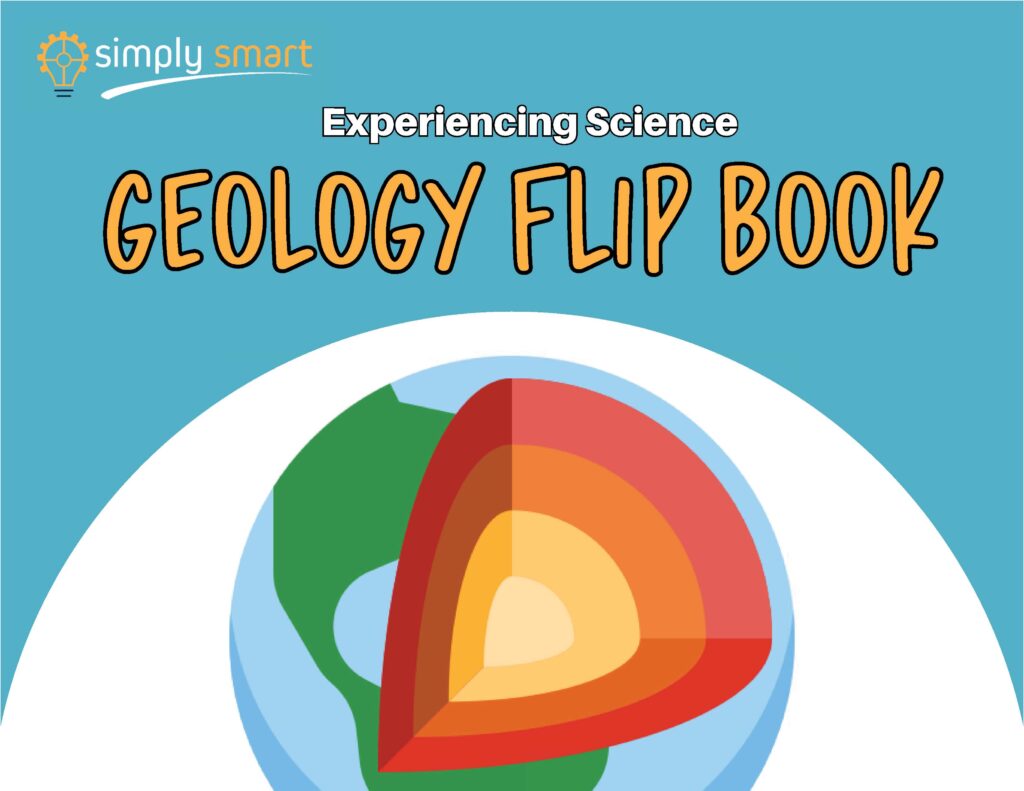
- Fun Extension Activities: Each lesson has an extension activity at the end allowing all students to participate in a hands-on activity as they learn to think critically & deepen their understanding.

Create Student Science Notebook
Maintaining a science notebook helps students develop important academic skills & can be an invaluable resource. The Experiencing Science Student Packets make keeping a quality notebook easy.
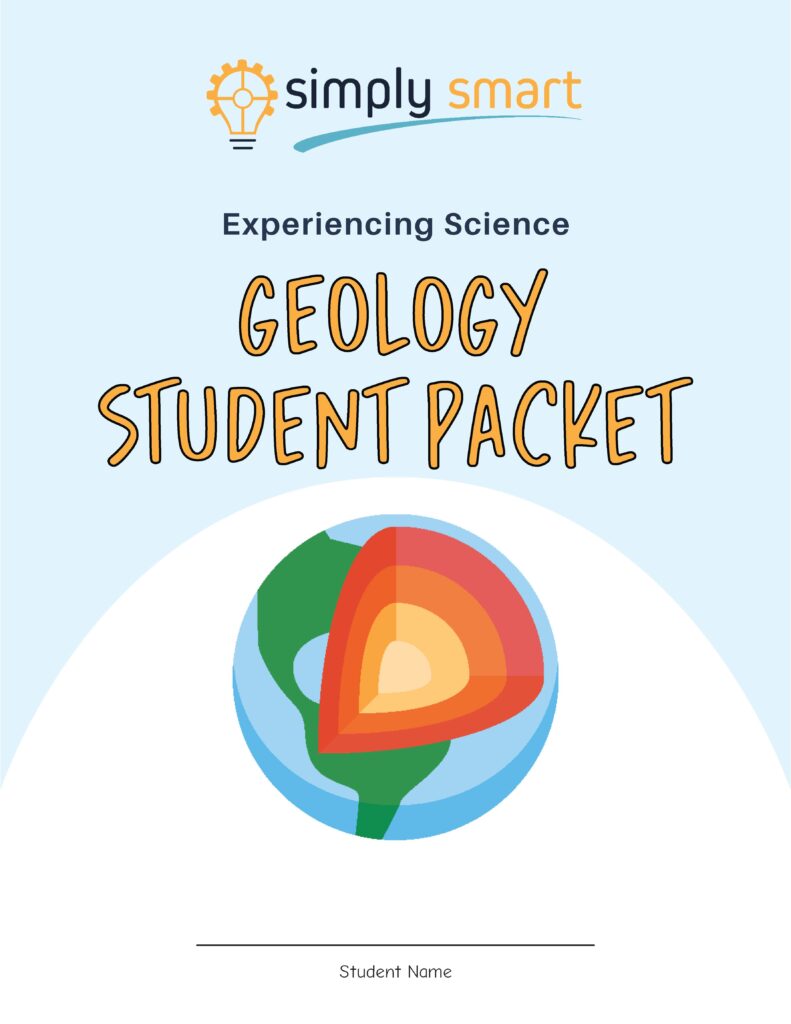
- Lesson Summaries & Lab Notes: Students keep lab notes & a concise summary of all information learned.
- History Timeline: Each lesson contains "history cut-outs" students may affix to their Simply Smart World History Timeline, making it easy to see how different areas of history correlate.
- Nature Journaling: Many lessons have a nature journal page, encouraging students to think like a scientist by asking questions, observing, comparing, hypothesizing & researching answers to their questions.
- Additional Activities & Information: Student packets include other fun activity pages appropriate for a wide range of ages. Students should also include any papers they write or other information learned.

Review & Deepen Understanding
Experiencing Science provides a variety of fun ways to review material, assess mastery & deepen understanding while developing important academic skills.
- Recommended Videos, Books, etc: Each lesson lists additional videos, books, field trips, etc. that may also be used to deepen understanding & periodically review material.
- Jeopardy: Each topic has a free jeopardy game that can be played at the end of a unit, encouraging students to keep good notes and master material studied.
- Science Papers, Presentations & Fairs: Children regularly write on scientific topics & share a summary with others. Science fairs are also a great way for students to practice sharing information with others by creating booths with hands-on activities others can visit.
Tracking Progress
Experiencing Science makes it easy to track topics students have studied, reviewed & mastered, while allowing children to learn from a variety of sources.
- Master Outline: A sticker chart of science topics children should study is available for free online, making it easy to track information studied & reviewed (read more).
- Student Notebook: The student notebook helps parents gauge a student's understanding based on the level of work completed.
- Jeopardy: The free jeopardy games are a fun way to review & asses how well a student mastered material in each unit.
Simply Smart can be used as a comprehensive curriculum, as a supplementary resource for tutoring or for homeschool coops.



